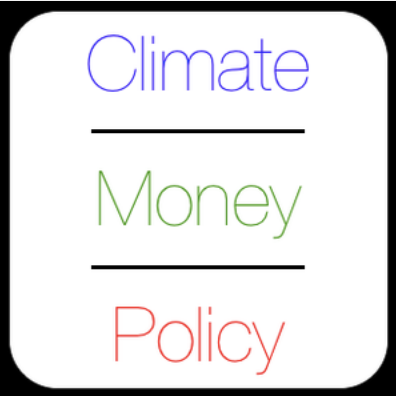Notes from a consultation - the Clothier
/Just under a year ago I was introduced to a client here in New Jersey. The introduction was made by a third party (trusted by the client and I) who stood to gain from the introduction. I mention this not because it's a bad thing but because it foreshadows a common rough opening. When we all sat down the client was incredibly decent and warm but firm in his commitment that the company didn't have the need for me.
"We've been around for thirty years. We're the best in the world at what we do and our procurement and lean standards are where they need to be so I just don't see what you can add to our strategy." I couldn't blame them for that. Lots of mid-market companies work hard to get ahead of the curve. Suggesting that they don't have the right mix of talent internally to accomplish a task is an insult. It can also be very hard to believe that after struggling to grow a company to $100mm in revenue that you've been missing an entire discipline.
It's worth mentioning that this is the posture most executives have when they're introduced to me. The majority of my business starts with companies that know they need to understand and improve their sustainability profile. Companies that need to be talked into getting educated are rarely good prospects and even more rarely good business. Which brings me back to The Clothier.
At the urging of our mutual acquaintance we kept talking. Over lunch we discussed everything about the company's business model: their shippers, sourcing of materials, international relations, you name it. We started talking about how the little things can add up and I took the opportunity to mention that the best minds in the world tell us that we're in for a couple degrees rise in temperature. The Clothier started to see that by the time the impacts are obvious that they'd be everywhere. This was his situation:
- With a couple degree temperature rise the Egyptian cotton he was sourcing would be harder to grow and more expensive. The change would be small enough that he wouldn't be able to pass it on to his clients and that meant thinner margins.
- His thread was made into shirts in Bangladesh in an area of the country where factories are slowly sinking below a rising sea level and yet no thought had been given to looking at other sites for manufacturing (no quick process & slower still if the move was to another country).
- Finished shirts were brought to a factory in US for embroidery. The conversation about that factory led to working conditions and the realization that there was no plan to budget for the efficiency and demand of climate control over a massive building despite projections for an additional 25 days of heat over 90 degrees in his region.
Then there were the host of strategic questions:
- Lots of The Clothier's clients order athletic apparel. How would changes in heat impact the choice of fabrics in preferred clothing?
- Most of the employees working in the factory (domestically) were 45 or over. Does a hotter climate mean a quicker move to retirement?
- Can the factory's flat roof deal with the increased volume of precipitation that falls at one time now?
- What happens when one of The Clothier's clients wants to offer a carbon-neutral line?
It was a long lunch. We're talking about a $60mm company with roughly 450 employees so there was a lot of ground to cover but by the end The Clothier got a clear sense of the place that climate had in his strategic planning.
This is the way these thing happen. Don't be surprised if one of our business partners wants to take you to lunch and you wind up surprised at the parts of the market you weren't looking at.


